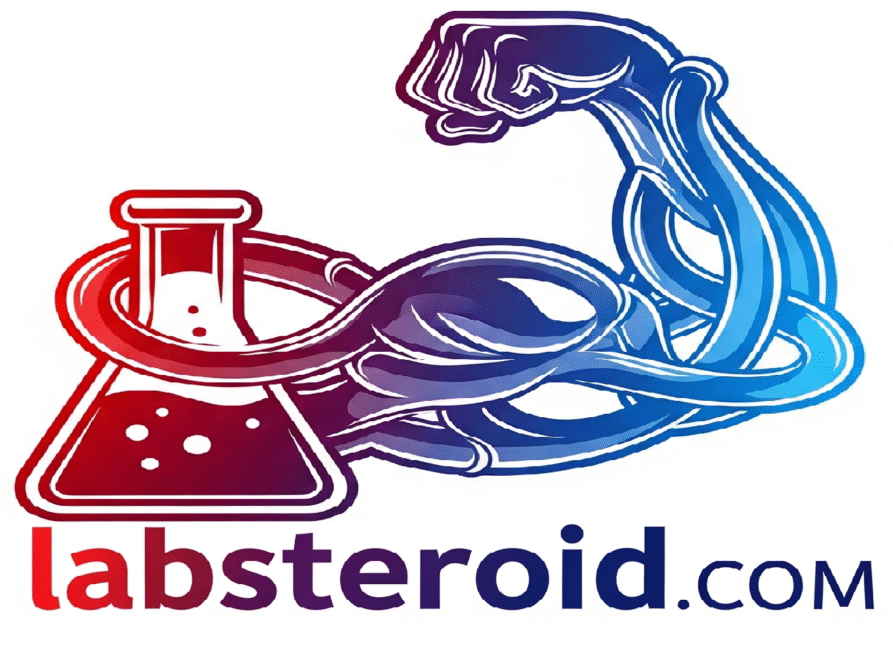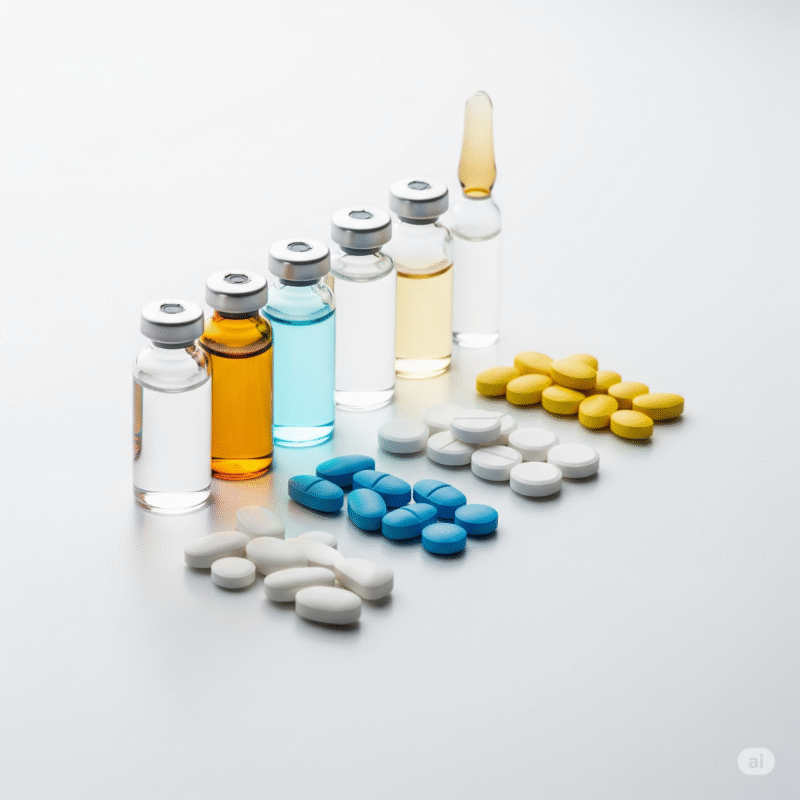Steroid Blog
Oral vs. Injectable Steroids: Pros, Cons, and Key Differences Explained (2025 Guide)
When stepping into the world of anabolic steroids, one of the first decisions you’ll face is:
Oral or injectable?
Both forms have their place in bodybuilding and performance enhancement, but understanding their differences, effects, and risks is crucial before starting any cycle.
In this guide, we’ll break down the key distinctions between oral and injectable steroids, covering how they work, their benefits, side effects, and how to choose the right option for your goals.
⚠️ Disclaimer: Anabolic steroids carry health risks and are illegal to use without a prescription in many countries. This article is for educational purposes only.
What Are Oral Steroids?
Oral steroids are taken by mouth in pill or tablet form. They’re fast-acting, convenient, and commonly used for short-term results—especially by beginners or those looking for quick gains.
Common Oral Steroids:
- Dianabol (Methandrostenolone)
- Anadrol (Oxymetholone)
- Anavar (Oxandrolone)
- Winstrol (Stanozolol)
- Turinabol
What Are Injectable Steroids?
Injectable steroids are administered via intramuscular injection. They tend to have longer half-lives, smoother release rates, and often come with fewer liver-related side effects.
Common Injectable Steroids:
- Testosterone (Enanthate, Cypionate, Propionate)
- Trenbolone Acetate or Enanthate
- Deca-Durabolin (Nandrolone Decanoate)
- Equipoise (Boldenone Undecylenate)
- Masteron (Drostanolone)
Oral vs. Injectable Steroids: Key Differences
| Feature | Oral Steroids | Injectable Steroids |
|---|---|---|
| Administration | Pills/tablets (by mouth) | Intramuscular injections |
| Onset of Effects | Rapid (days) | Slower (but more stable) |
| Liver Toxicity | High (especially C-17 alpha alkylated) | Low to none |
| Cycle Length | Shorter (4–6 weeks) | Longer (8–12+ weeks) |
| Frequency | Daily | 1–3x per week (depending on ester) |
| Muscle Gains | Fast but may include water retention | Steady, high-quality gains |
| Risk of Side Effects | Higher short-term impact | Lower liver strain, longer suppression |
| Ease of Use | Easy, beginner-friendly | Requires injections & supplies |
Pros and Cons of Oral Steroids
✅ Pros:
- Convenient and easy to take
- Fast-acting with quick results
- Ideal for short cycles and beginners
- No needles or injections required
❌ Cons:
- Liver toxicity (can stress or damage the liver)
- Often causes water retention and bloating
- Shorter half-life—requires daily dosing
- Higher cholesterol and blood pressure risks
Pros and Cons of Injectable Steroids
✅ Pros:
- Lower liver toxicity
- Longer half-life (fewer doses required)
- More stable blood hormone levels
- Smoother muscle gains with less bloating
❌ Cons:
- Requires needles and proper injection technique
- Possible injection site pain or infection
- Not ideal for people uncomfortable with injections
- Slower onset of effects
Which Type Is Better for You?
Choose Oral Steroids If:
- You’re new to steroids and want a short-term cycle
- You want fast results (for an event, trip, or test phase)
- You’re not comfortable with injections
Choose Injectable Steroids If:
- You’re looking for long-term, sustainable muscle gains
- You want lower liver risk and more even hormone release
- You can manage injections safely and correctly
Popular Oral-Injectable Stacks (Advanced Users)
Many athletes combine both forms to balance fast gains with longer-lasting effects. Example:
8-Week Stack Example:
- Weeks 1–4: Dianabol (oral) 30–50 mg/day
- Weeks 1–8: Testosterone Enanthate (injectable) 300–500 mg/week
- Follow with Post Cycle Therapy (PCT): Clomid/Nolvadex
Important Safety Notes
- Always run liver support (like NAC or milk thistle) during oral cycles
- Follow with proper PCT to restore natural testosterone
- Get bloodwork done before and after cycles
- Stay hydrated, monitor blood pressure, and prioritize health over size
Final Thoughts
The debate between oral vs. injectable steroids ultimately comes down to your goals, experience level, and risk tolerance.
- Orals = convenience, fast action, but higher liver risk
- Injectables = long-term gains, lower liver strain, but slower onset
Whichever you choose, remember: responsible use, proper support, and post-cycle therapy are non-negotiable.


